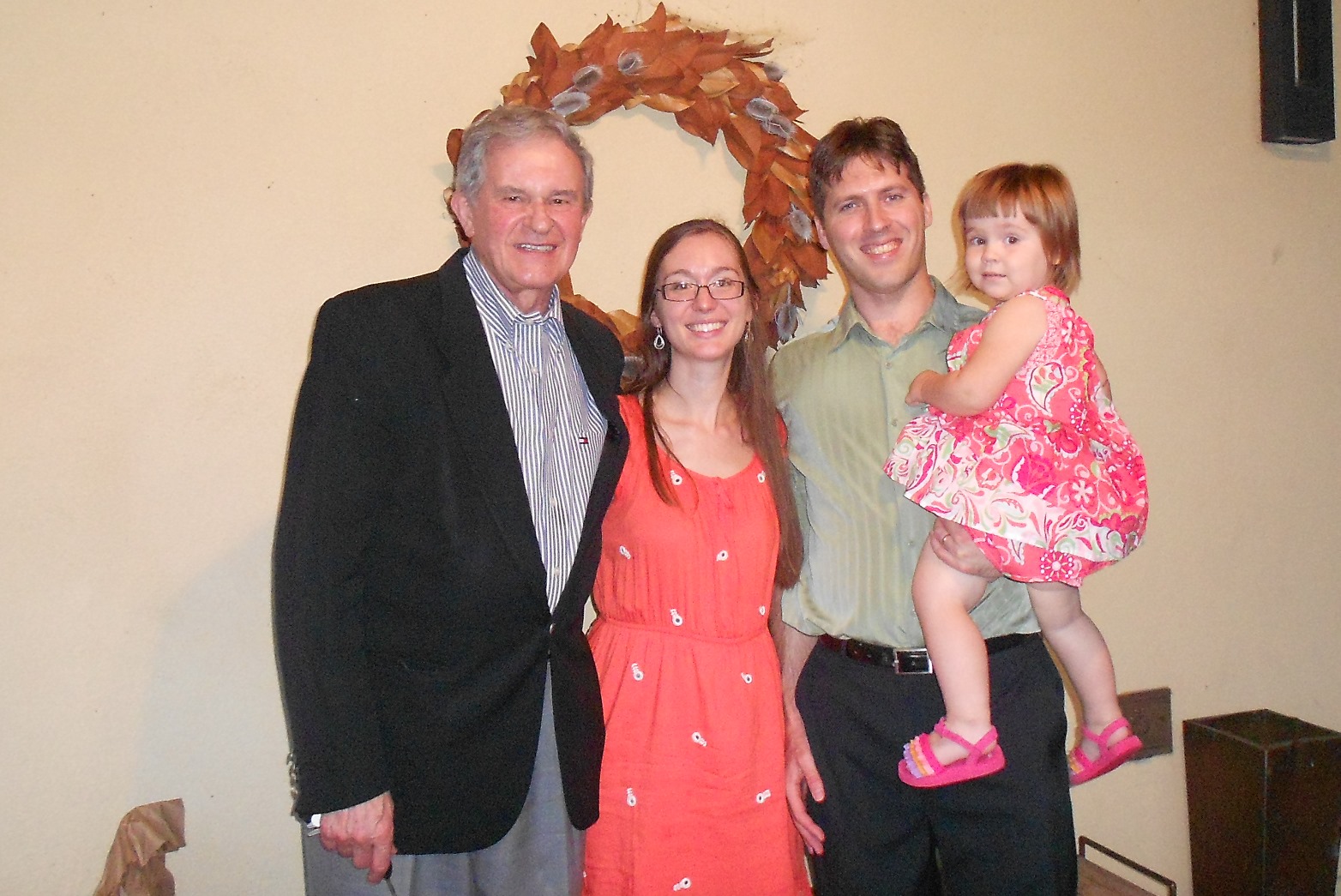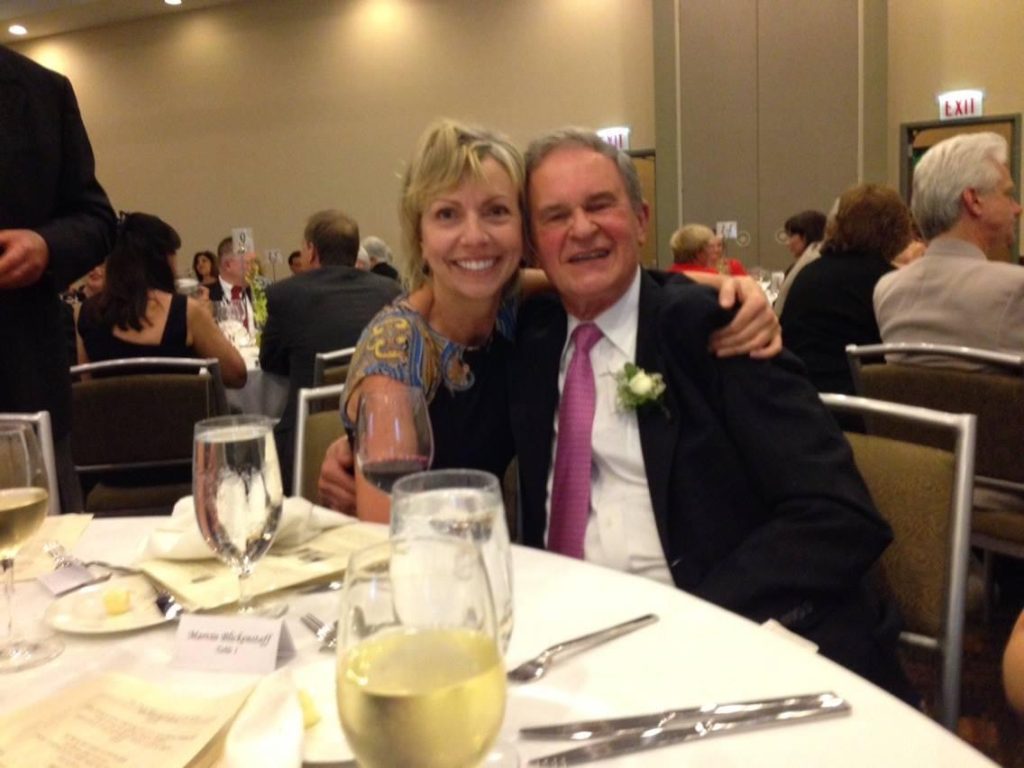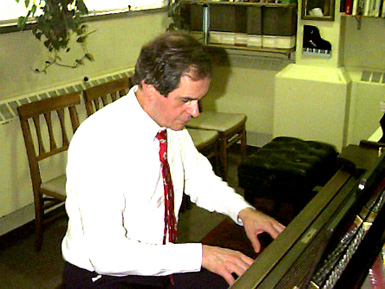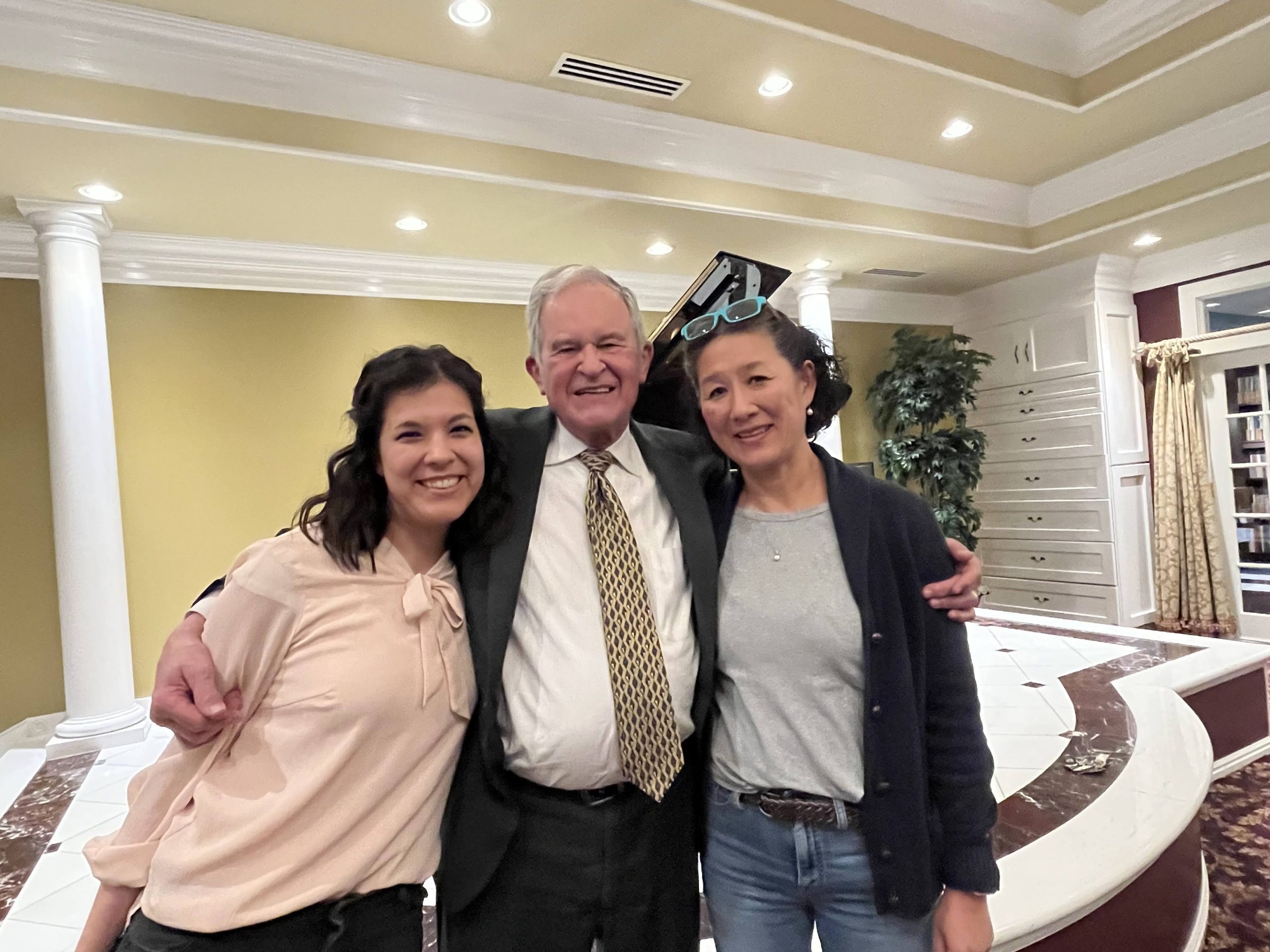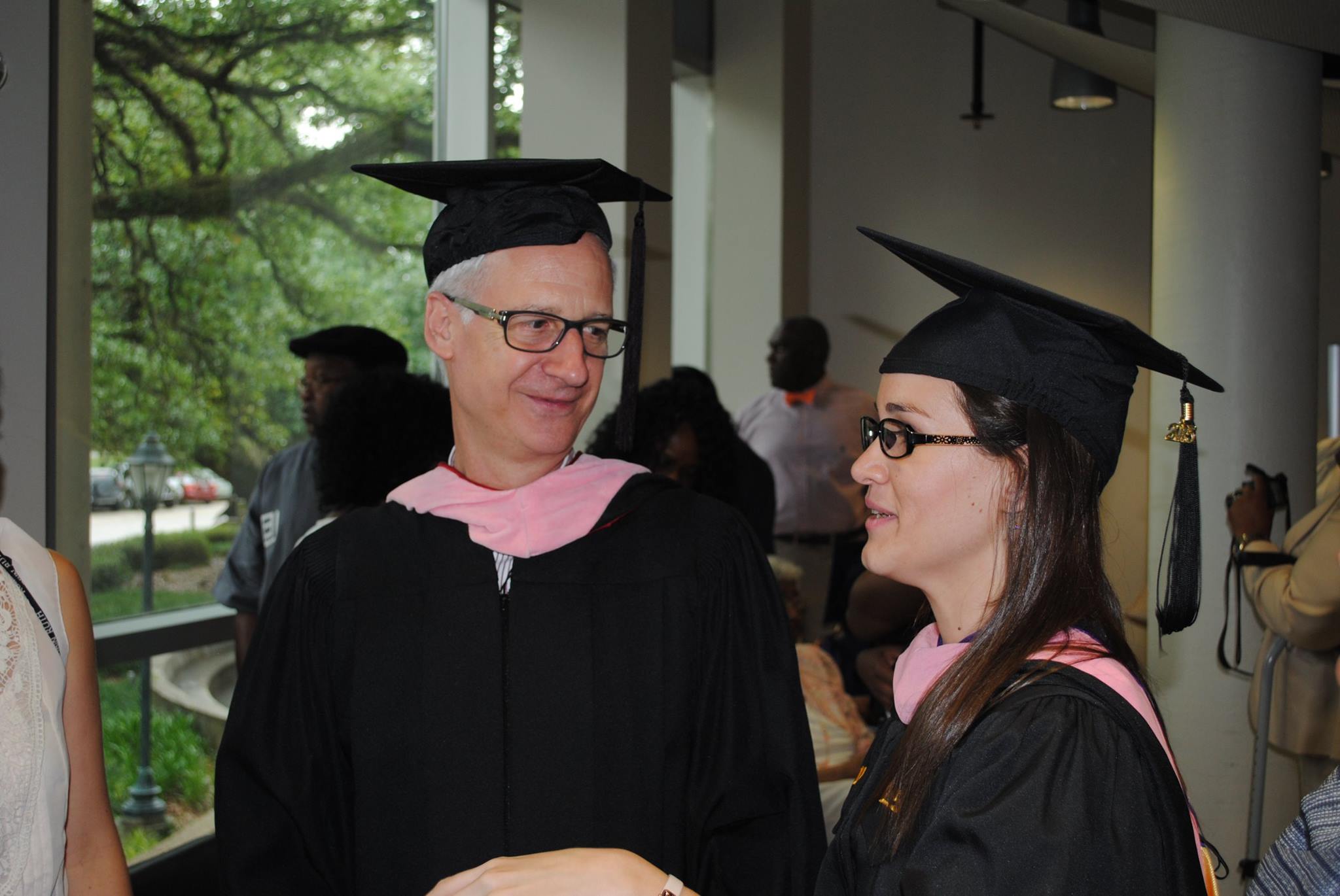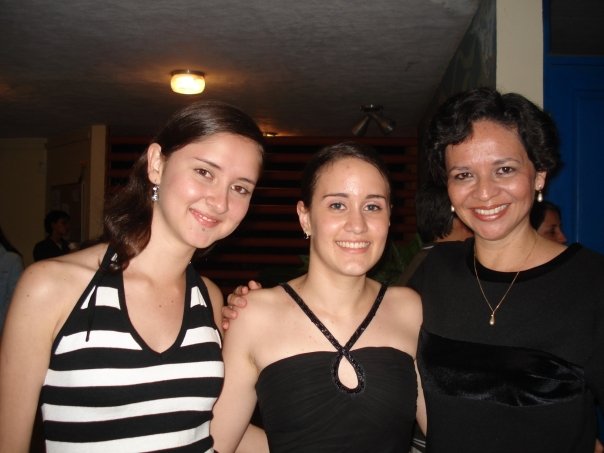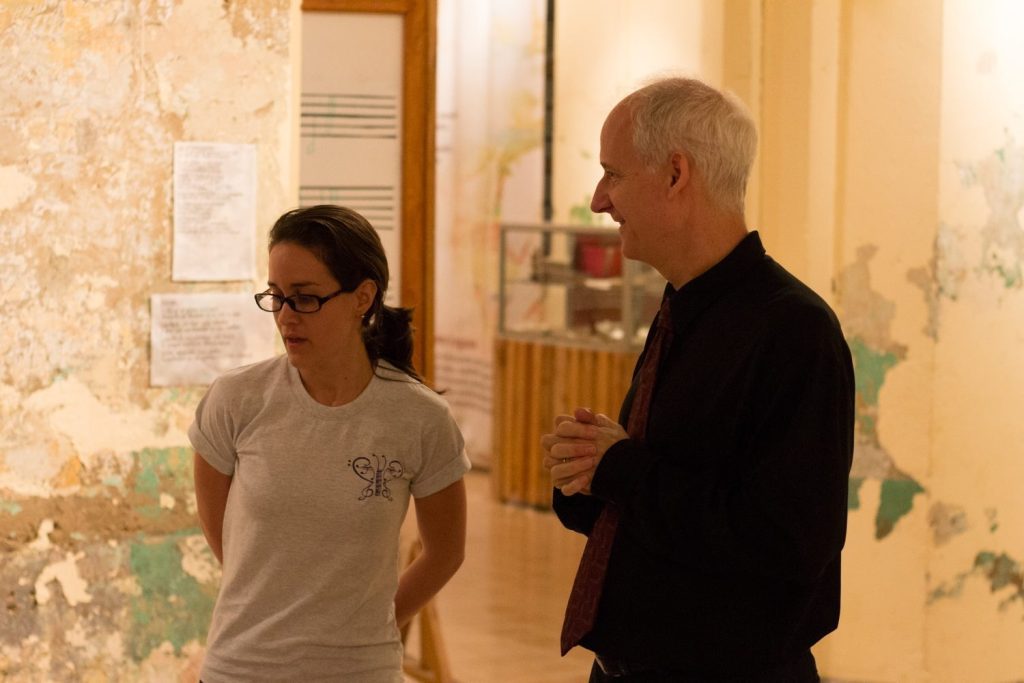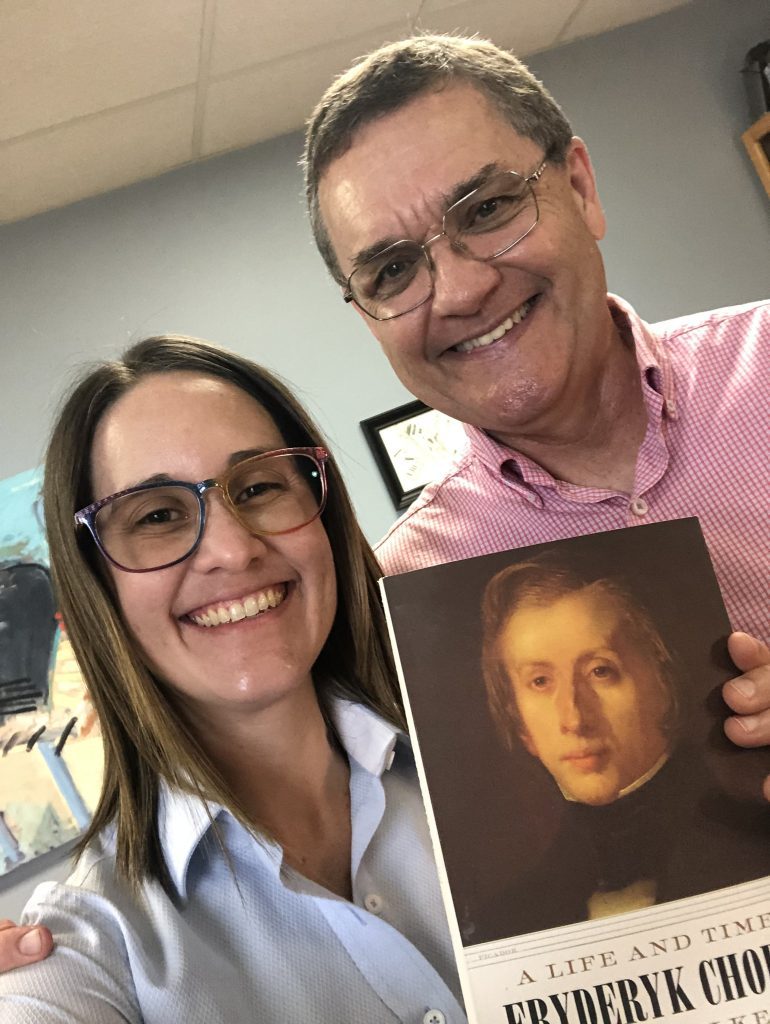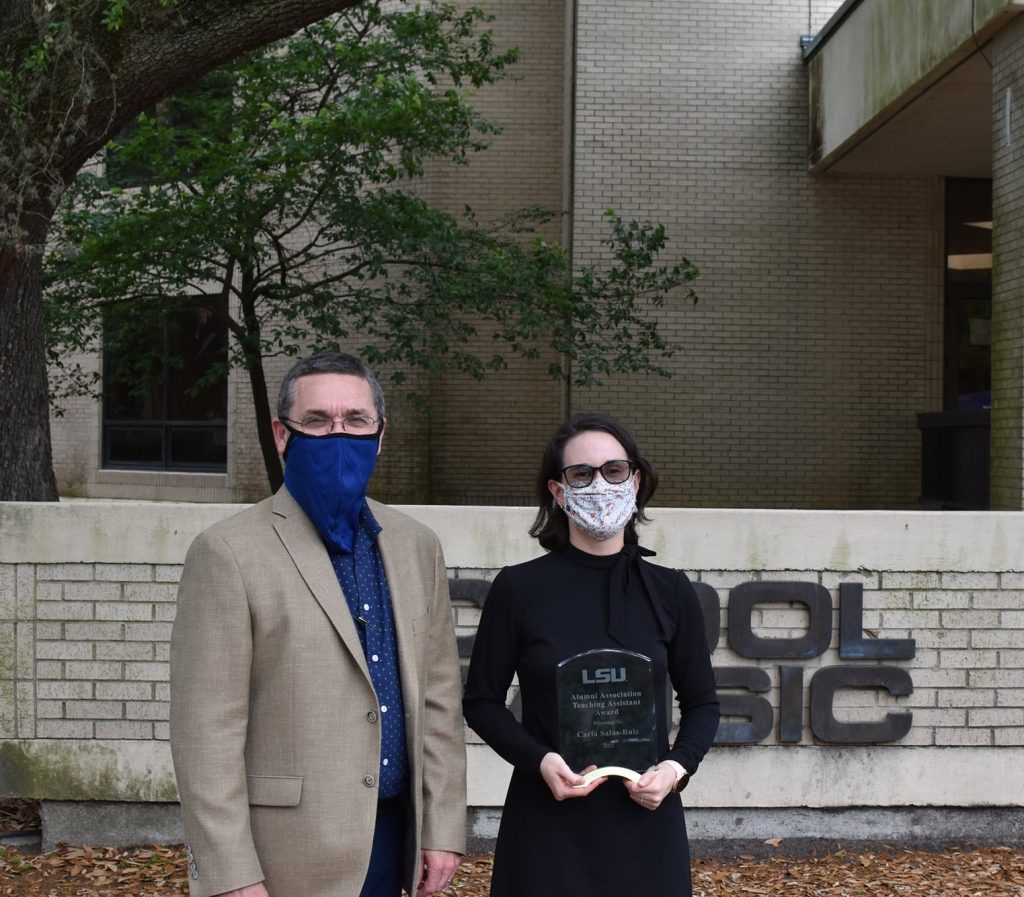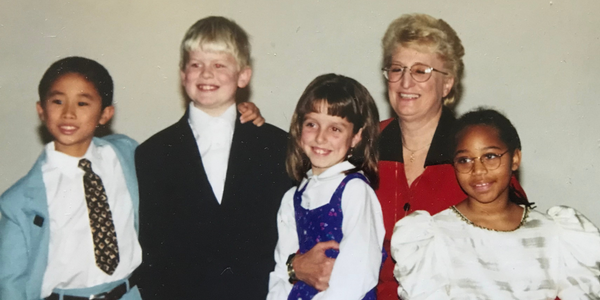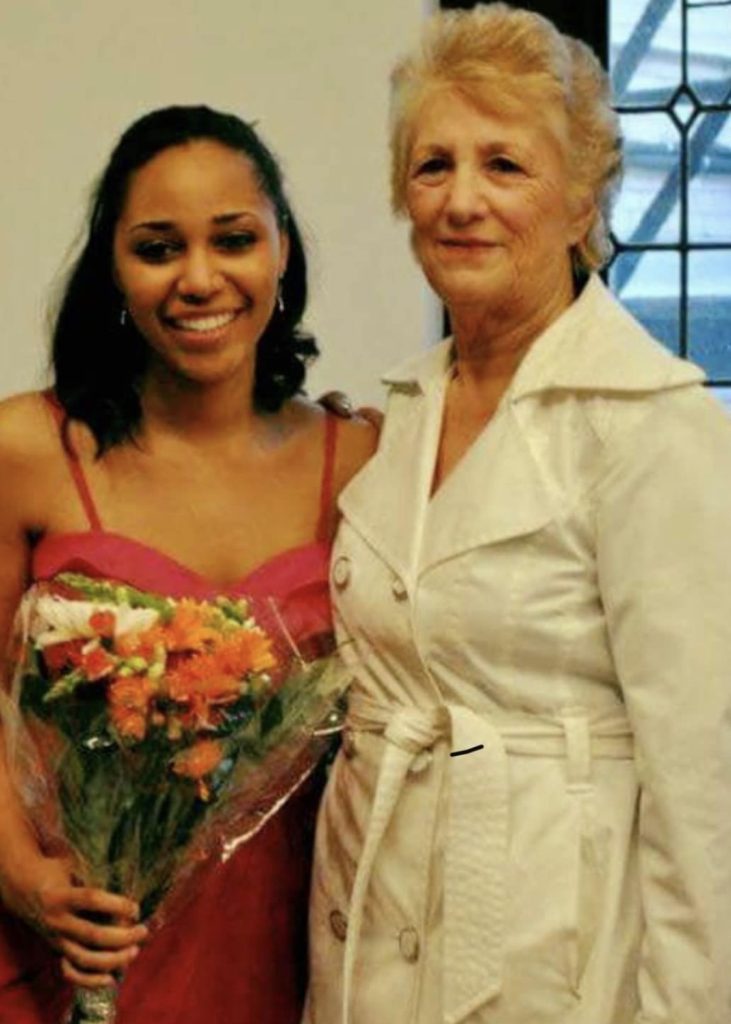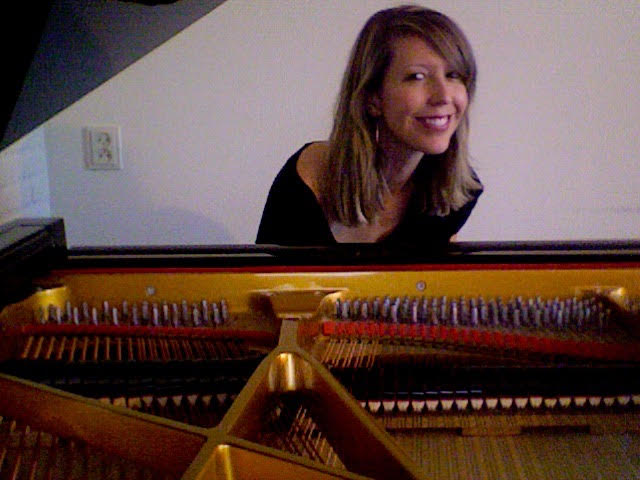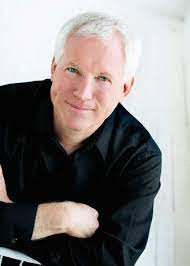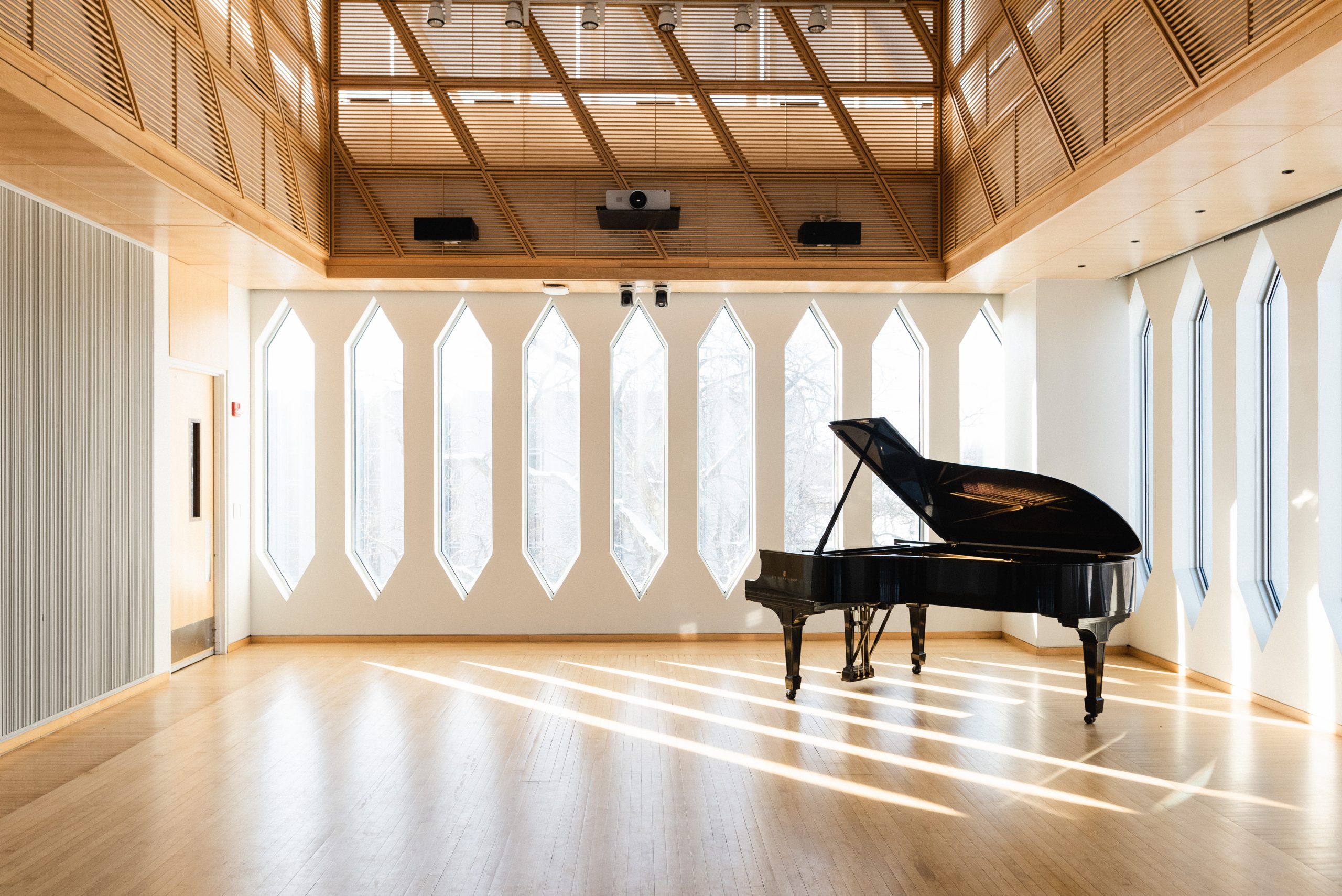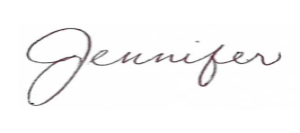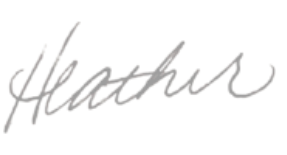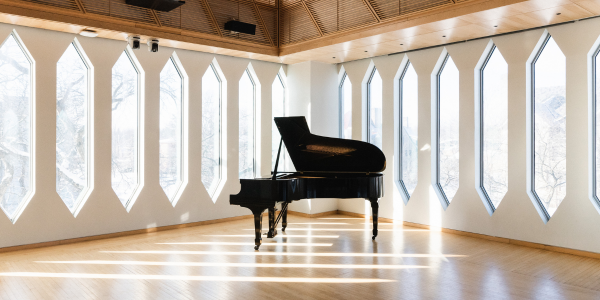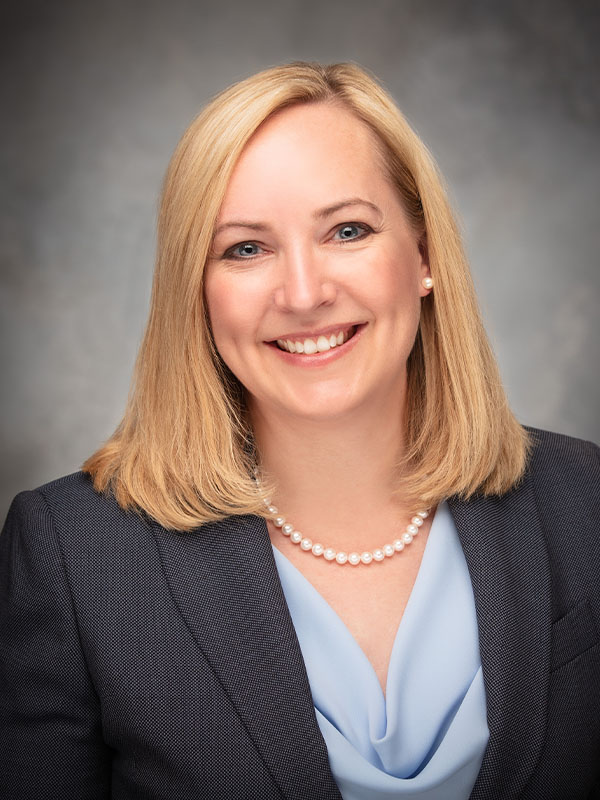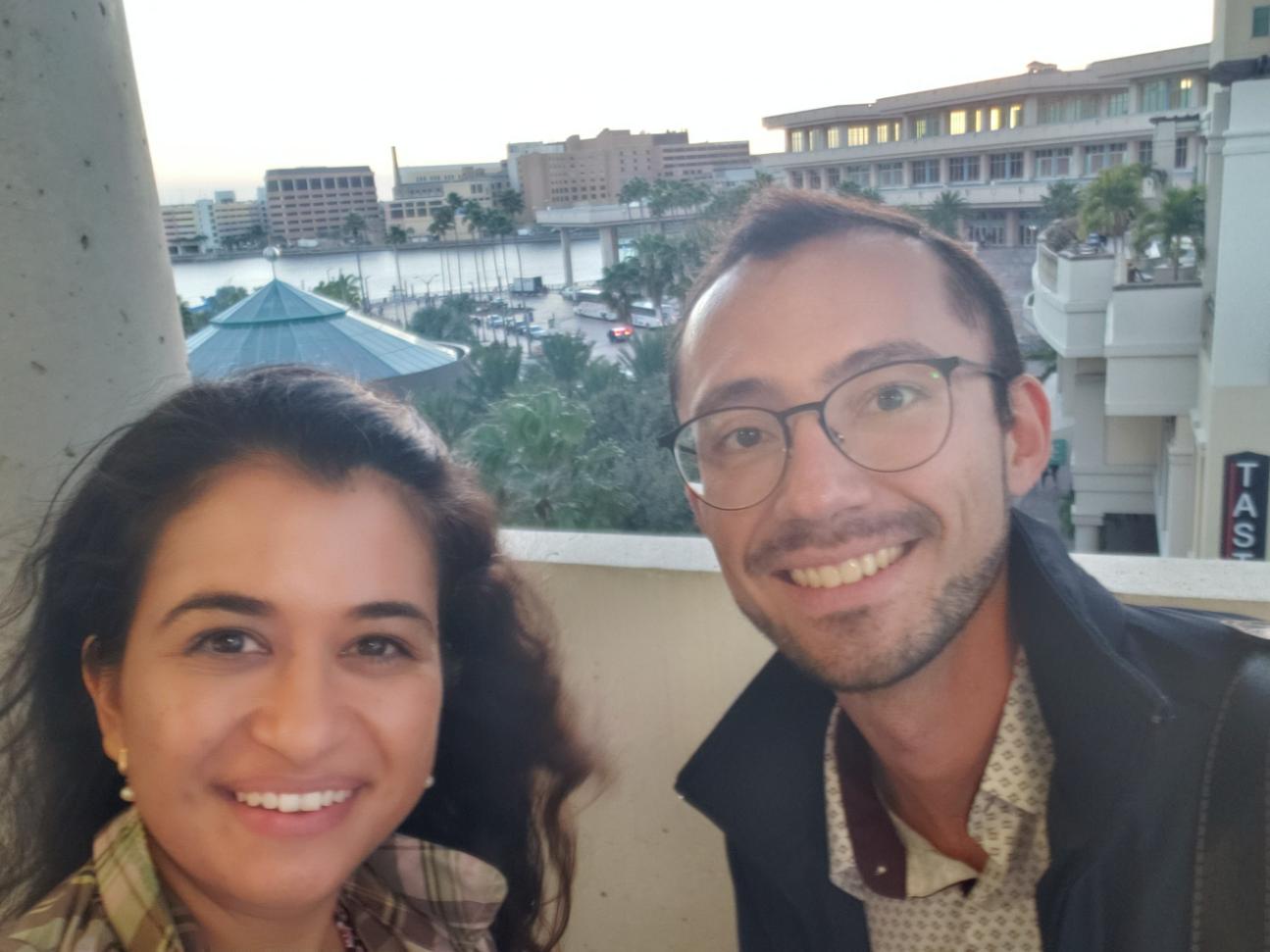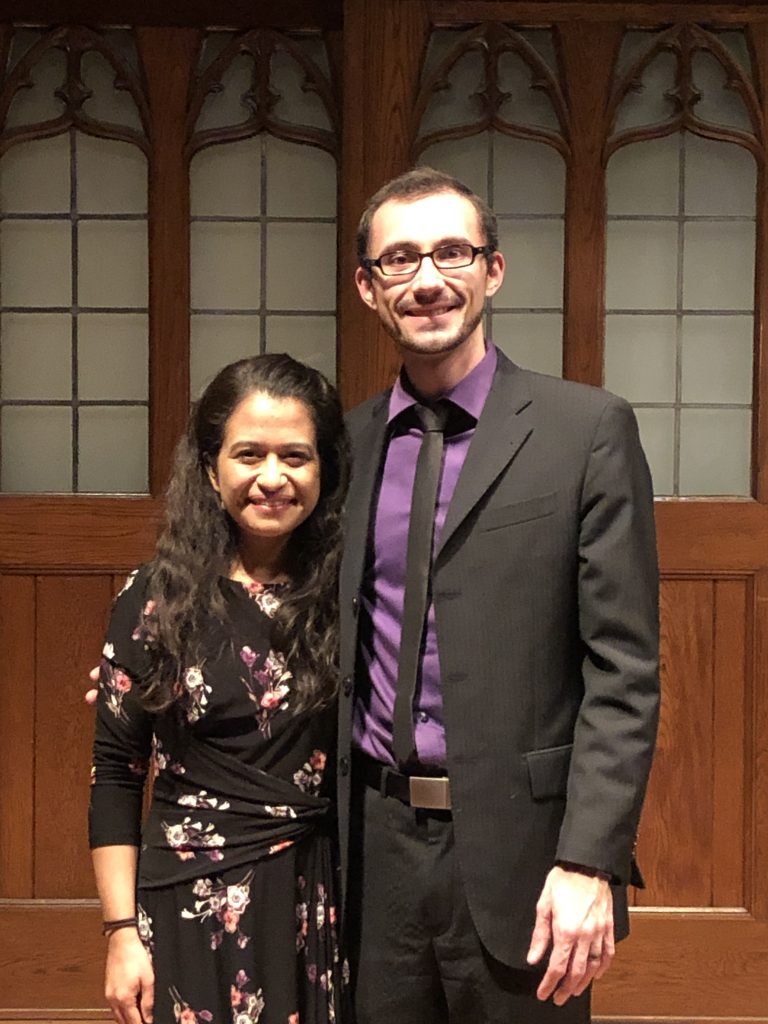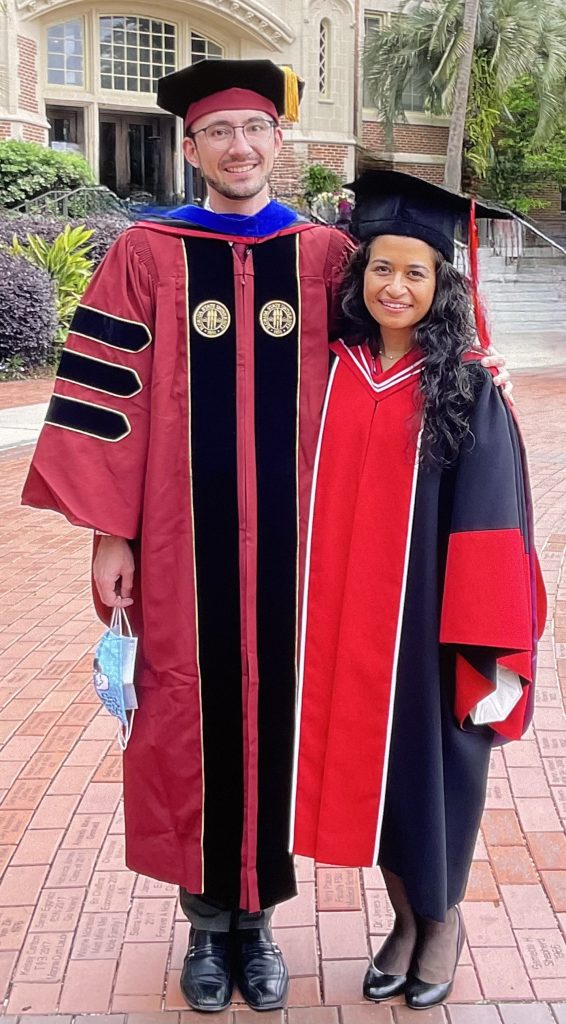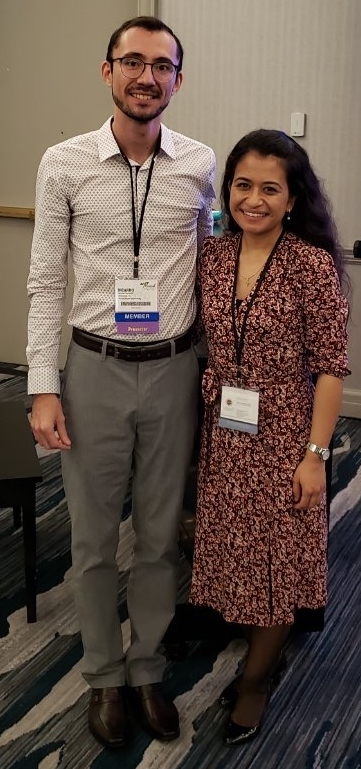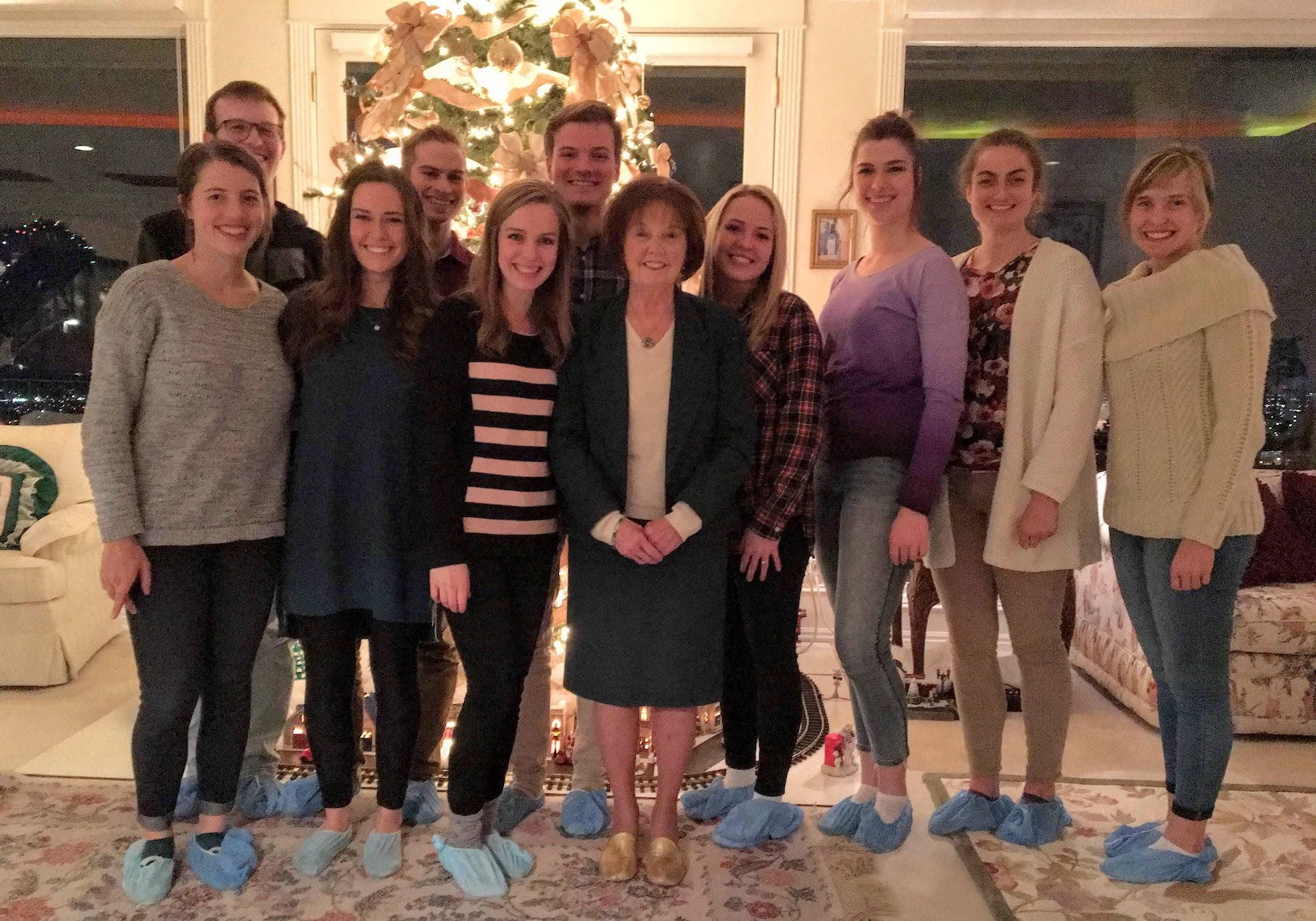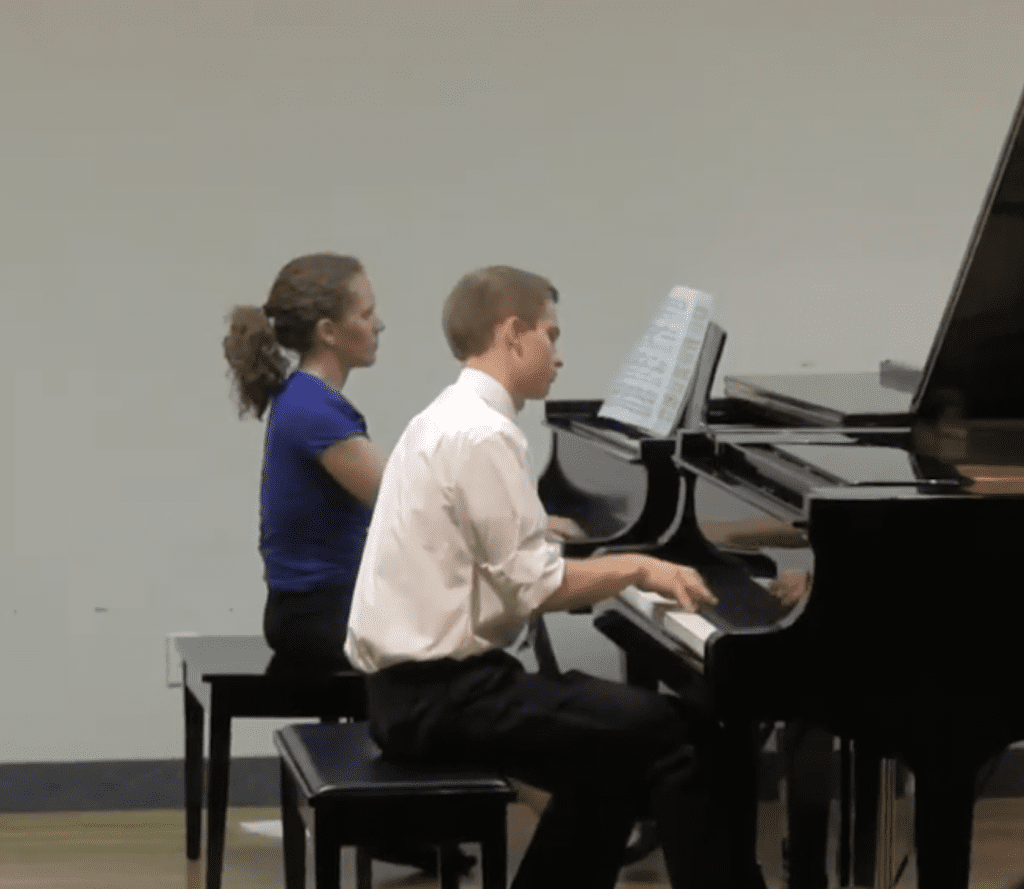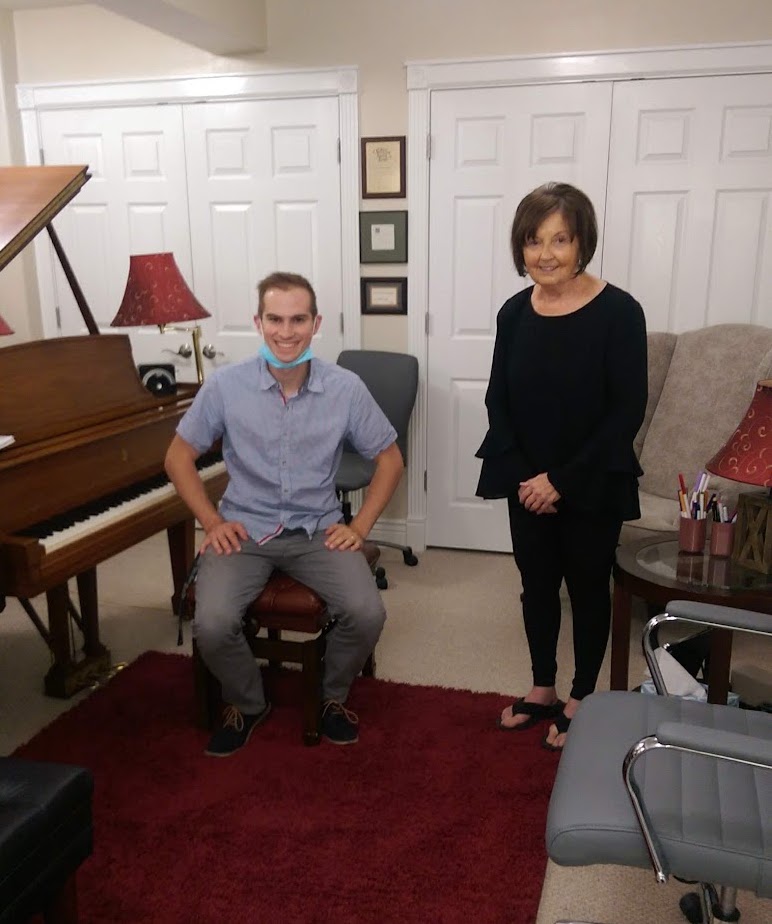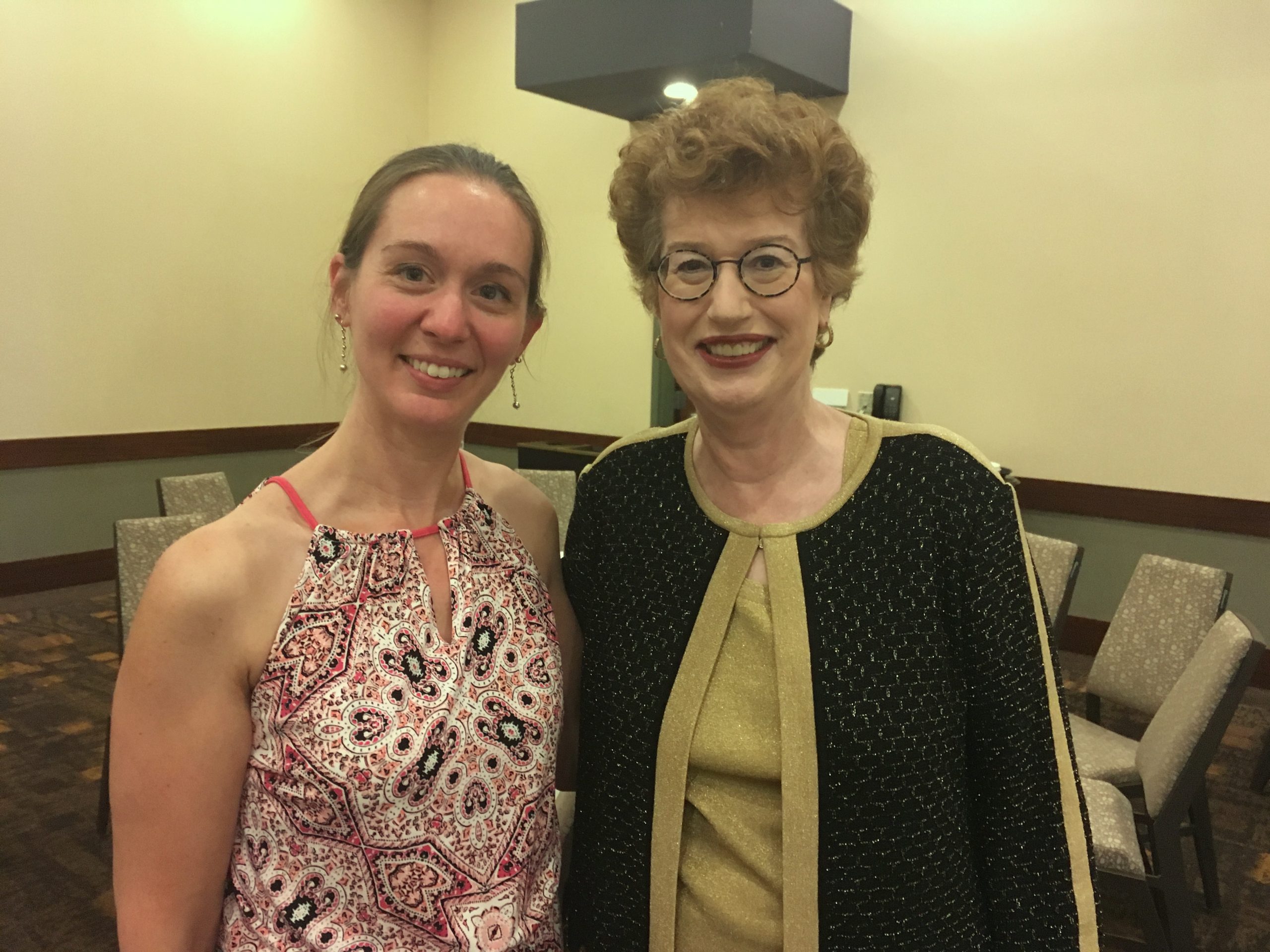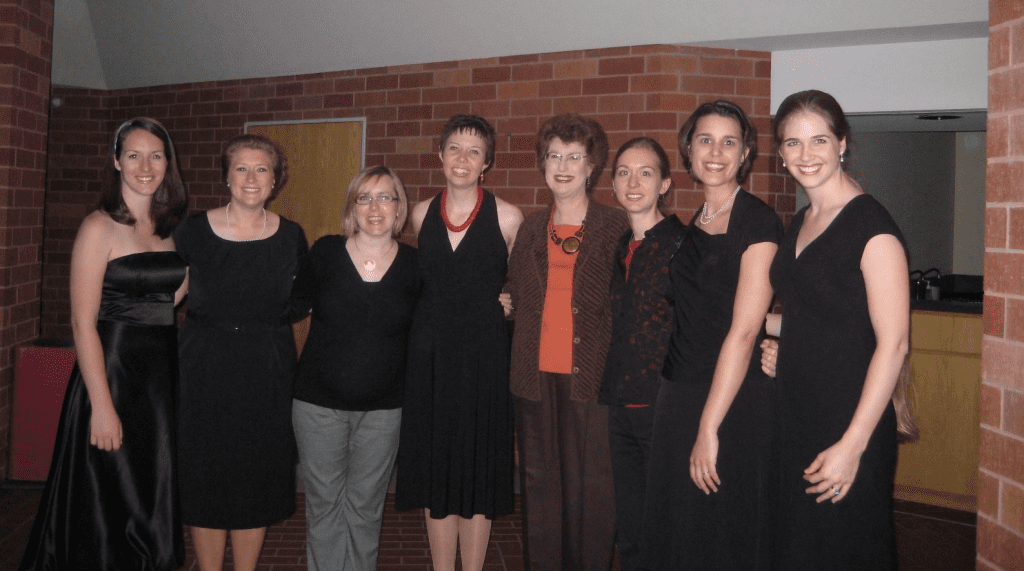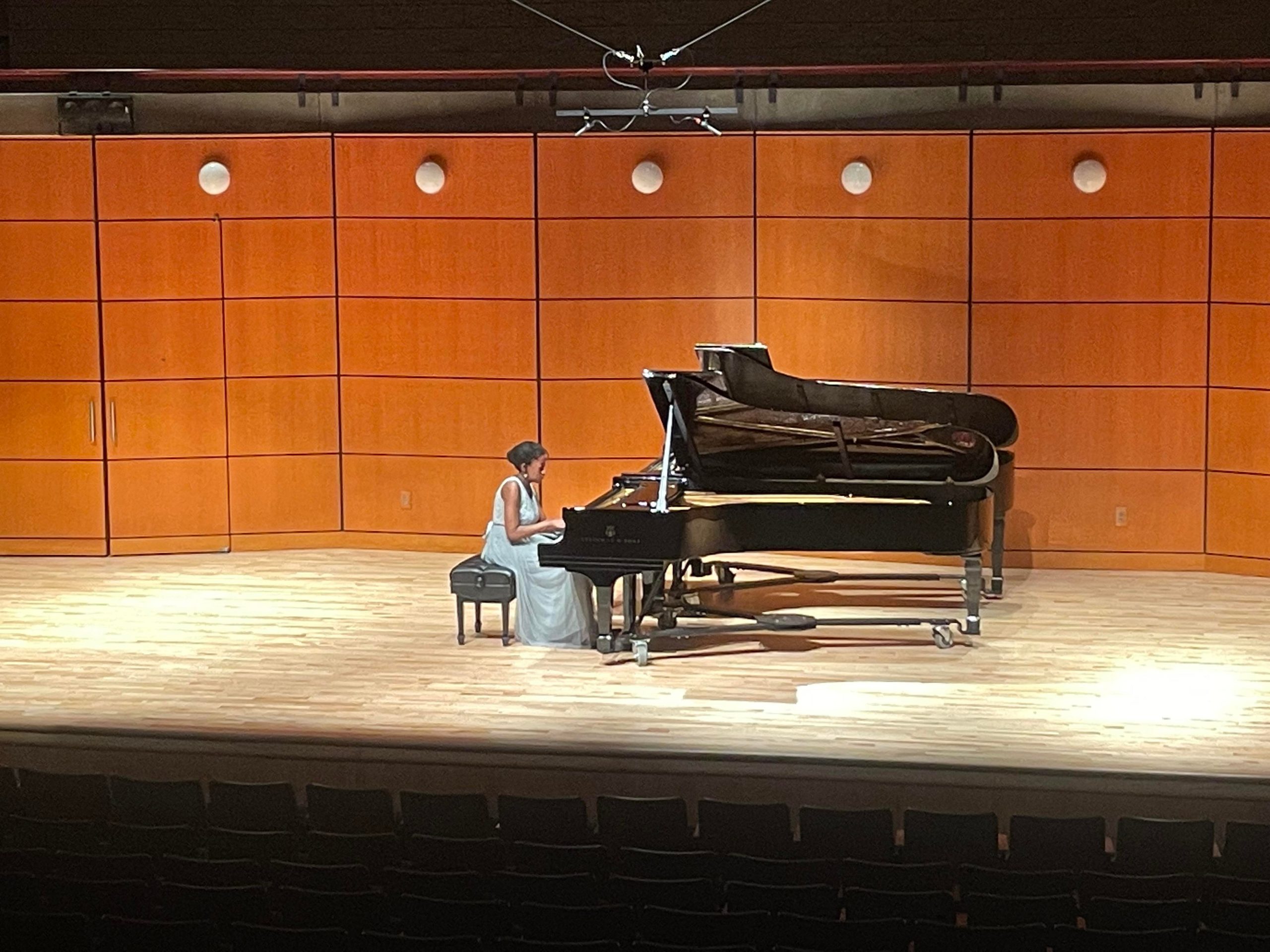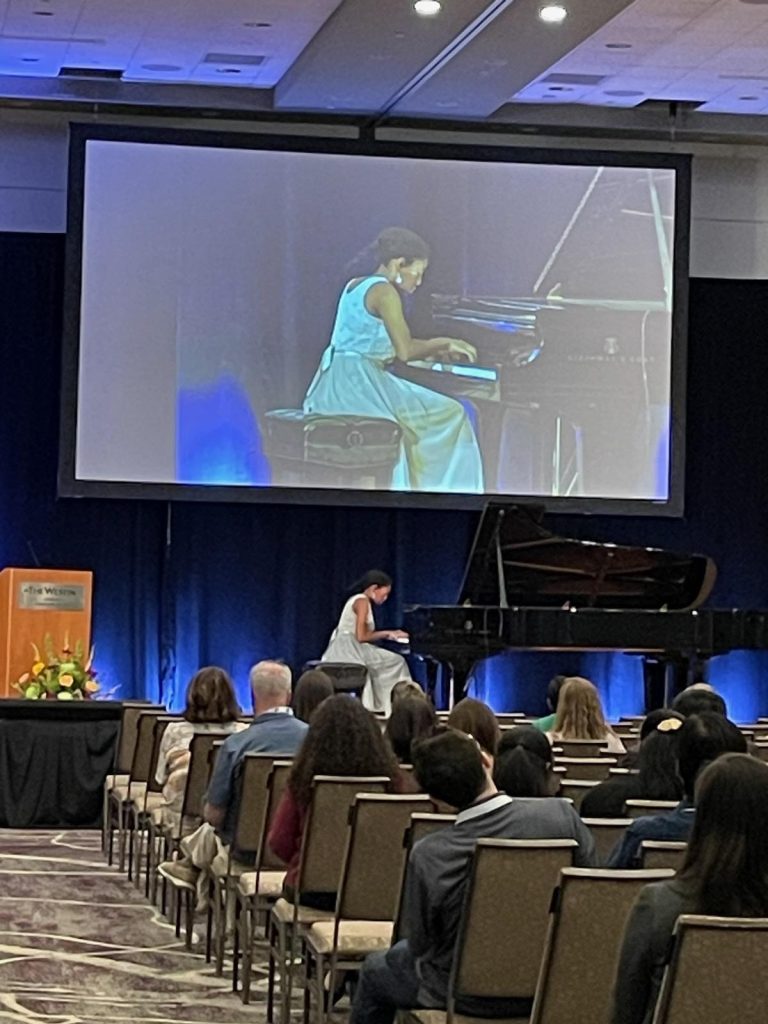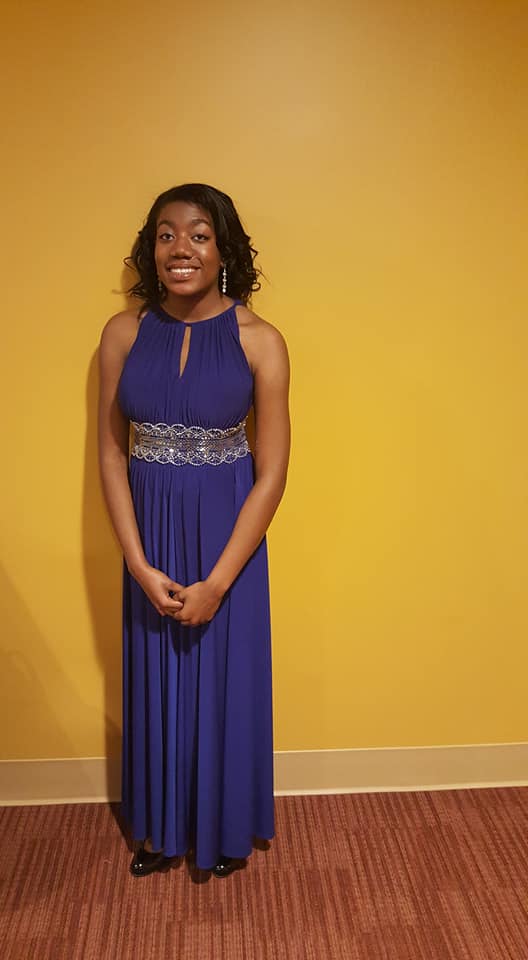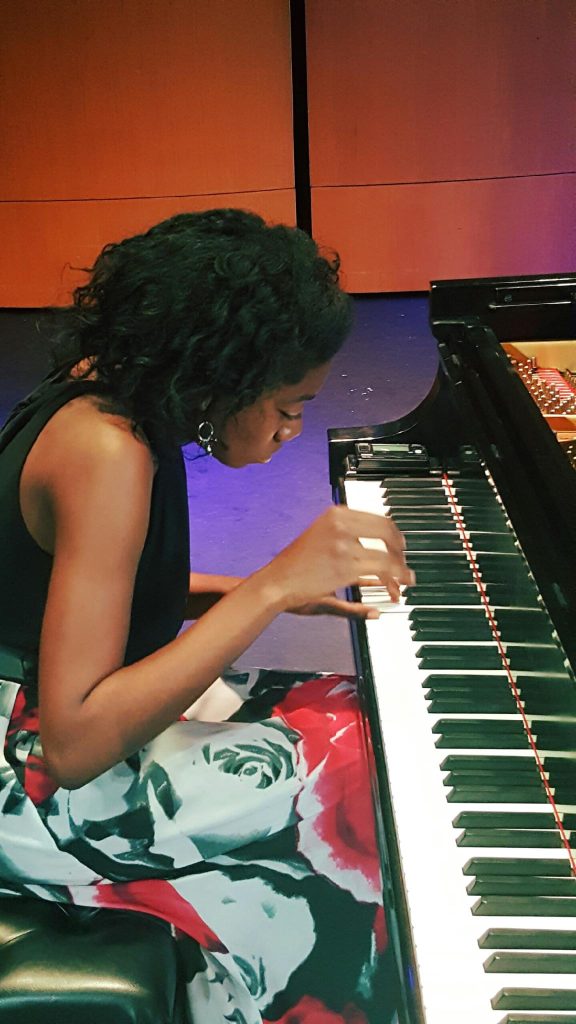We would like to thank Sara Ernst, Jane Magrath, Karen Zorn, Joel M. Harrison, Marianne Williams, Zack Kleiman, Henry Banta, Anya Smith, and Nina Austria for collaborating on this tribute to Marvin Blickenstaff. Interested in learning more about Marvin Blickenstaff and his teaching? Marvin’s latest book, Inspired Piano Teaching, is coming soon and is available to preorder now. If you want to learn more about Marvin’s book, you can read more here.

Marvin Blickenstaff has been a pillar of the North American piano community for more than five decades. His dedication to outstanding teaching, learning, and performing has been honed through his work with innumerable students and their teachers. Anyone who has witnessed Marvin working with young pianists understands why his work is so powerful. He demands excellence from his students and colleagues, is persistent but kind, and is always eager to continue his own musical learning. His dedication to our profession is as evident today as it was in the 1970s, at the outset of his teaching career.
Students clamor to study with Marvin Blickenstaff and teachers flock to his numerous workshops, seminars, and conference sessions. Marvin was among the first associate editors of Keyboard Companion, one of the precursors to the Piano Magazine, and he has taught at the New School for Music Study in Kingston, New Jersey for over twenty years. The Frances Clark Center (FCC) is honored to present this tribute to Marvin Blickenstaff to commemorate his continued contributions to the piano teaching and learning community. After presenting highlights of Marvin’s career, we share tributes from former and current students. We hope that this tribute inspires you to refine your piano performance and teaching craft, and to continue your own learning journey as you read the additional articles about teaching, learning, and performing within this magazine.
Professional Pianist
By Sara Ernst
Marvin Blickenstaff is beloved by piano students of all ages and teachers across the world: it may be how he cherishes his time spent with every student, his deep expertise in music and artistry, or the sage pedagogical advice that he freely offers. As the late Louise Goss (d. 2014) stated:
He has a solid-as-gold national, international really, reputation…[an] incredible amount of knowledge, incredible desire to spread that knowledge…and he just loves it so much that it just spills out of him in bursts of joy…What you would hope a great master teacher would be, he’s the model, and they broke the mold!1
– Louise Goss
One of the unique qualities of his teaching is his uncanny ability to work with a wide array of pianists. Nelita True aptly articulated:
I don’t know of anyone else in our profession who can handle all levels…advanced teaching, he does intermediate, he does beginners…[and he] teaches through a kind of empathy with the student that I find extremely effective and very desirable.2
– Nelita True
We hope you have enjoyed this excerpt from “A Tribute to Marvin Blickenstaff and His Pedagogical Legacy.” You can read more by clicking here.
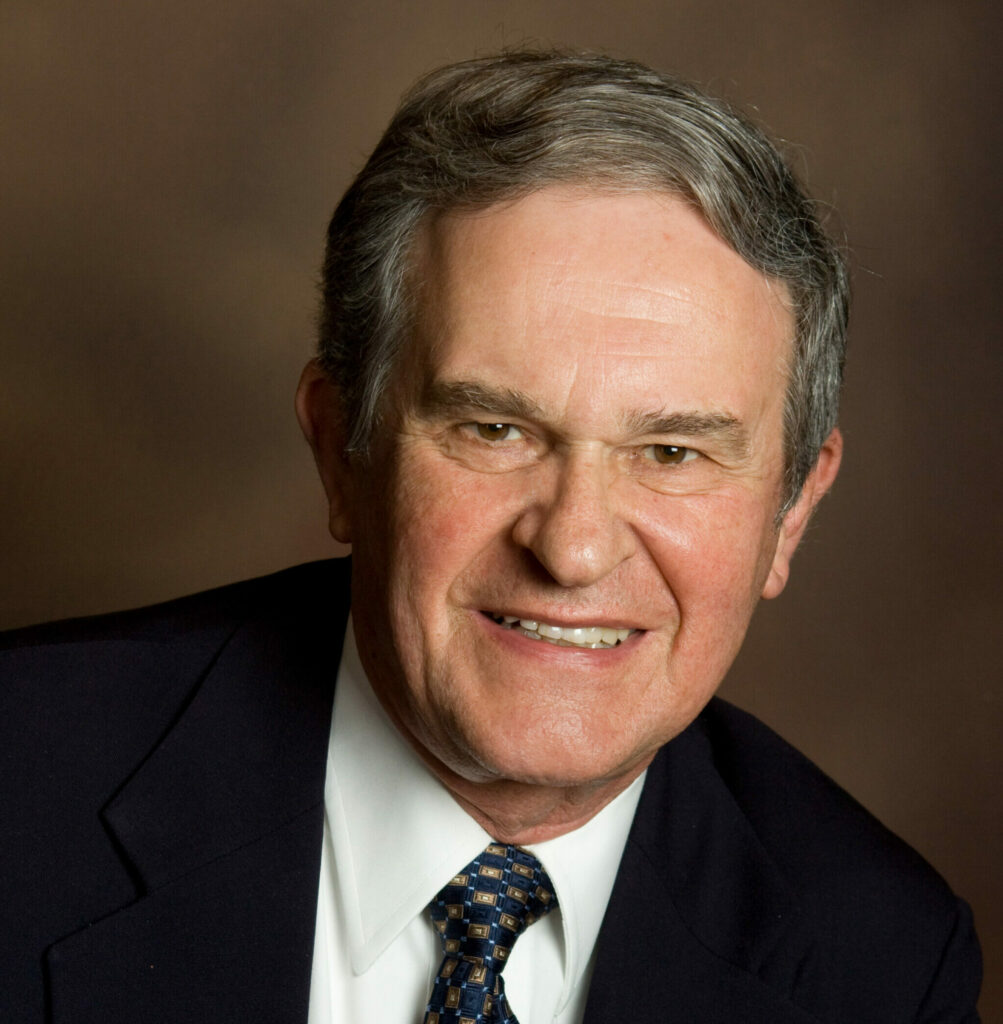
The Marvin Blickenstaff Institute for Teaching Excellence
In 2023, the Frances Clark Center established the Marvin Blickenstaff Institute for Teaching Excellence in honor of his legacy as a pedagogue. This division of The Frances Clark Center encompasses inclusive teaching programs, teacher education, courses, performance, advocacy, publications, research, and resources that support excellence in piano teaching and learning. To learn more about the Institute, please visit this page.
We extend a heartfelt invitation to join us in commemorating Marvin Blickenstaff’s remarkable contributions by making a donation in his honor. Your generous contribution will help us continue his inspiring work and uphold the standards of excellence in piano teaching and learning for generations to come. To make a meaningful contribution, please visit our donation page today. Thank you for being a part of this legacy.
MORE ON THE POWER OF A PIANO TEACHER
- DISCOVERY PAGE: The Power of a Piano Teacher by Heather Smith
- DISCOVERY PAGE: The Joy of Giving by Heather Smith
- DISCOVERY PAGE: Thank you, Jane! by Sara Ernst
- DISCOVERY PAGE: She Really Took a Chance on Me by Asia Passmore
- DISCOVERY PAGE: A Tribute to John Salmon by Heather Hancock
- DISCOVERY PAGE: A Symphony of Gratitude by Ricardo Pozenatto
- DISCOVERY PAGE: Honoring Amy Merkley and Irene Peery-Fox by Hyrum Arnesen
- DISCOVERY PAGE: Reflections on My Piano Teacher | Honoring Fern Davidson by Marvin Blickenstaff
- DISCOVERY PAGE: Every Student Has a Voice the World Needs to Hear | Honoring Carole Ann Kriewaldt by Leah Claiborne
Not yet a subscriber? Join for only $7.99/mo or $36/yr.
sources
1 Louise Goss, interview with author (Kingston, NJ, November 18, 2009).
2 Nelita True, interview with author (Telephone Interview, April 9, 2010).
